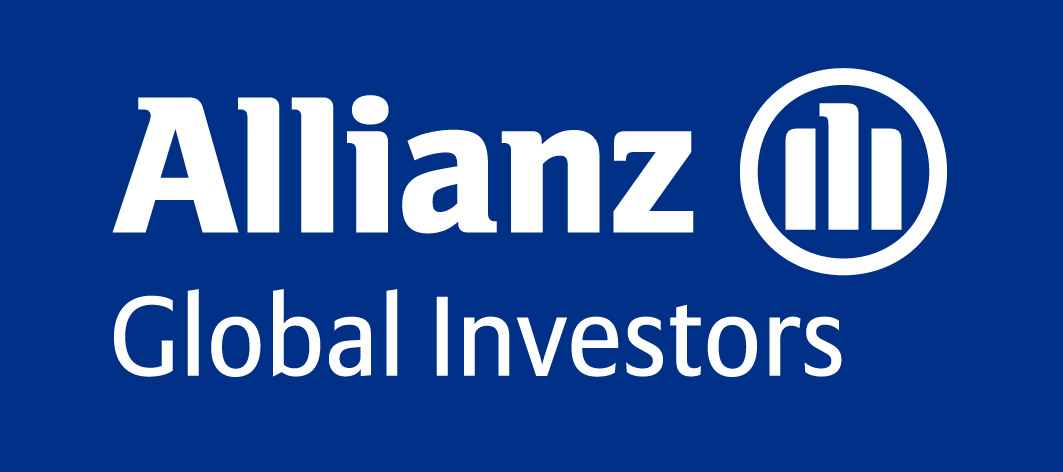 (Reuters) – Standard Chartered Plc’s shares fell as much as 20 percent on Tuesday after New York’s top bank regulator threatened to remove its state banking license, saying the British lender hid $250 billion in transactions tied to Iran.
(Reuters) – Standard Chartered Plc’s shares fell as much as 20 percent on Tuesday after New York’s top bank regulator threatened to remove its state banking license, saying the British lender hid $250 billion in transactions tied to Iran.
The New York State Department of Financial Services (DFS) said on Monday that Standard Chartered “schemed” with the Iranian government and hid from law enforcement officials some 60,000 secret transactions to generate hundreds of millions of dollars in fees over nearly 10 years.
The British bank, which the regulator called a “rogue institution” also exposed the U.S. banking system to terrorists, drug traffickers and corrupt states, the DFS said.
London-based Standard Chartered was surprised by the statement, even though it has been in talks with U.S. regulators over the matter for years. Its shares were 18.4 percent lower at 12.00 pounds by 0820 GMT on Tuesday.
The shares had already fallen 6.2 percent on Monday, sliding on the close just as the news emerged.
The regulator’s move is a savage blow to Standard Chartered, which has been one of the banks least tarnished during the financial crisis thanks to its focus on Asia and other emerging markets and a conservative capital and liquidity approach.
A top 40 investor in the British bank said he did not expect it to be a lasting problem given the bank’s robust defense, but added: “Given that the shares are not especially cheap, particularly in relative terms, it may be the shares remain in the doldrums for a while now that their blameless reputation has suffered a knock.”
Standard Chartered said the bank “does not believe the order issued by the DFS presents a full and accurate picture of the facts.”
The loss of a New York banking license would be a devastating blow for a foreign bank, effectively cutting off direct access to the U.S. bank market. Standard Chartered processes $190 billion every day for global clients, the New York bank regulator said.
In an unusual look inside a bank, the New York regulator described how Standard Chartered officials debated whether to continue Iranian dealings.
In October 2006, the top official for business in the Americas, whom the regulator did not name, warned in a “panicked message” that the Iranian dealings could cause “catastrophic reputational damage” and “serious criminal liability.”
A top executive in London shot back: “You f—ing Americans. Who are you to tell us, the rest of the world, that we’re not going to deal with Iranians.” The reply showed “obvious contempt for U.S. banking regulations,” the regulator said.
Standard Chartered is the third British bank to be ensnared in U.S. law enforcement probes this summer. Barclays Plc agreed to pay $453 million to settle U.S. and UK probes that it rigged a global lending benchmark in June.
A month later, a U.S. Senate panel issued a scathing report that criticized HSBC Holding Plc’s efforts to police suspect transactions, including Mexican drug traffickers.
Standard Chartered said it shared with U.S. agencies an analysis that demonstrated it “acted to comply, and overwhelmingly did comply” with U.S. regulations. Standard Chartered put the total value of Iran-related transactions that did not follow regulations at less than $14 million.
“The group was therefore surprised to receive the order from the DFS, given that discussions with the agencies were ongoing,” Standard Chartered said. “We intend to discuss these matters with the DFS and to contest their position.”
Standard Chartered, a financier in emerging markets, is the sixth foreign bank since 2008 to be implicated in dealings with sanctioned countries such as Iran in investigations led by federal and New York law enforcement officials.
Four banks — Barclays, Lloyds, Credit Suisse Group and ING Bank — have agreed to fines and settlements totaling $1.8 billion. HSBC currently is under investigation by U.S. law enforcement, according to bank regulatory filings.
The New York regulator, headed by former prosecutor Benjamin Lawsky, ordered Standard Chartered to explain why the bank should not lose its state license and the ability to process dollar transactions. Lawsky also ordered the bank to bring in an outside consultant to monitor its transactions.
“Standard Chartered Bank operated as a rogue institution,” Lawsky said in the order.
($1=0.6415 British pounds)
(Reporting by Jonathan Stempel, Carrick Mollenkamp, Dena Aubin, Joseph Ax, Emily Flitter, Nate Raymond in NEW YORK, Aruna Viswanatha in WASHINGTON, D.C., Steve Slater and Sinead Cruise in LONDON and Denny Thomas in HONG KONG; Editing by Ian Geoghegan and Erica Billingham)




Uhm. The Banking Depatment regulates SCB. Why can’t they fine them? And I read the coaimlpntto say they were hiding information. I can’t do that with my regulator. Why can they? And anotherthing I don’t get: how does the settlement affect a criminal investigation? Regulatory investigations goon during criminal investigations all the time. The settlement language would say something like , our agreement doesn’t affect their investigation. Done. Where us the issue? And let’s be real these criminal investigations always result in fines anyway. It’s not like the company goes to jail! So the real question might be: what right do the prosecutors have to this case when all they’re really doing is civilly fining an entity they don’t regulate. Maybe it’s them stepping on the Banking Department’s toes in all hose other cases. If Lawsky came in and put an end to that nonsense, then maybe he’s a genius.